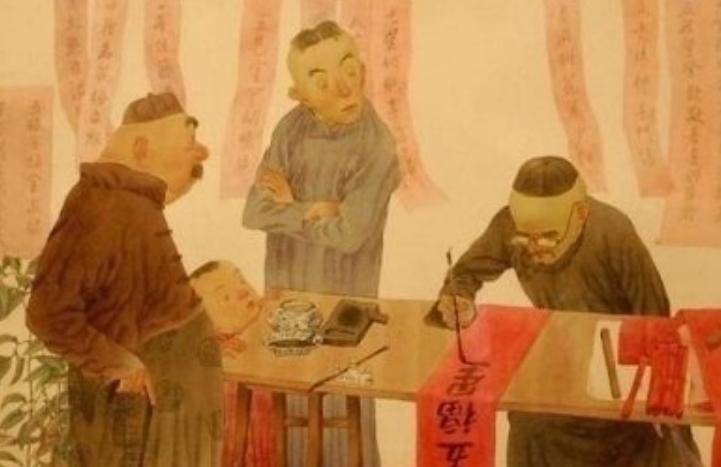The Chinese nation places immense importance on the culture of surnames, a tradition that traces back to the feudal era. Even today, people continue to hold this cultural heritage in high regard, treating it as an essential part of their identity and family history. This deep-rooted respect for surnames reflects the enduring influence of ancient customs passed down through countless generations.
When a new life enters a family, the naming process immediately becomes a priority of utmost significance. This is largely due to age-old, mystical traditions that have shaped how names are chosen, often believed to carry blessings or protections. The importance attached to naming is far more than a mere formality; it embodies hopes and aspirations rooted in centuries-old beliefs.
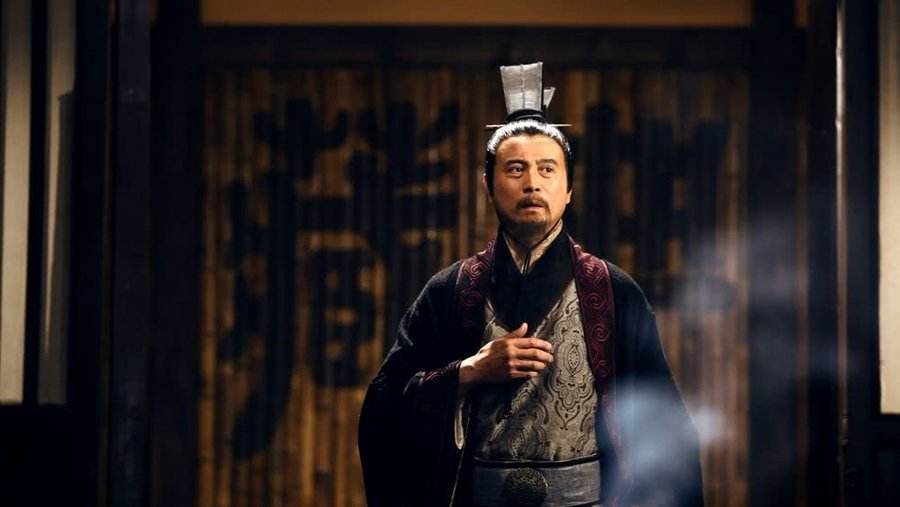
Anyone familiar with the older generations understands how seriously they regard the names of their descendants. For them, a name imbued with auspicious meanings serves as a shield against potential misfortunes and negative energies that might arise in the future. While some may view this perspective as overly superstitious in modern times, it nonetheless reveals the depth of care and hope that elders place in the next generation.
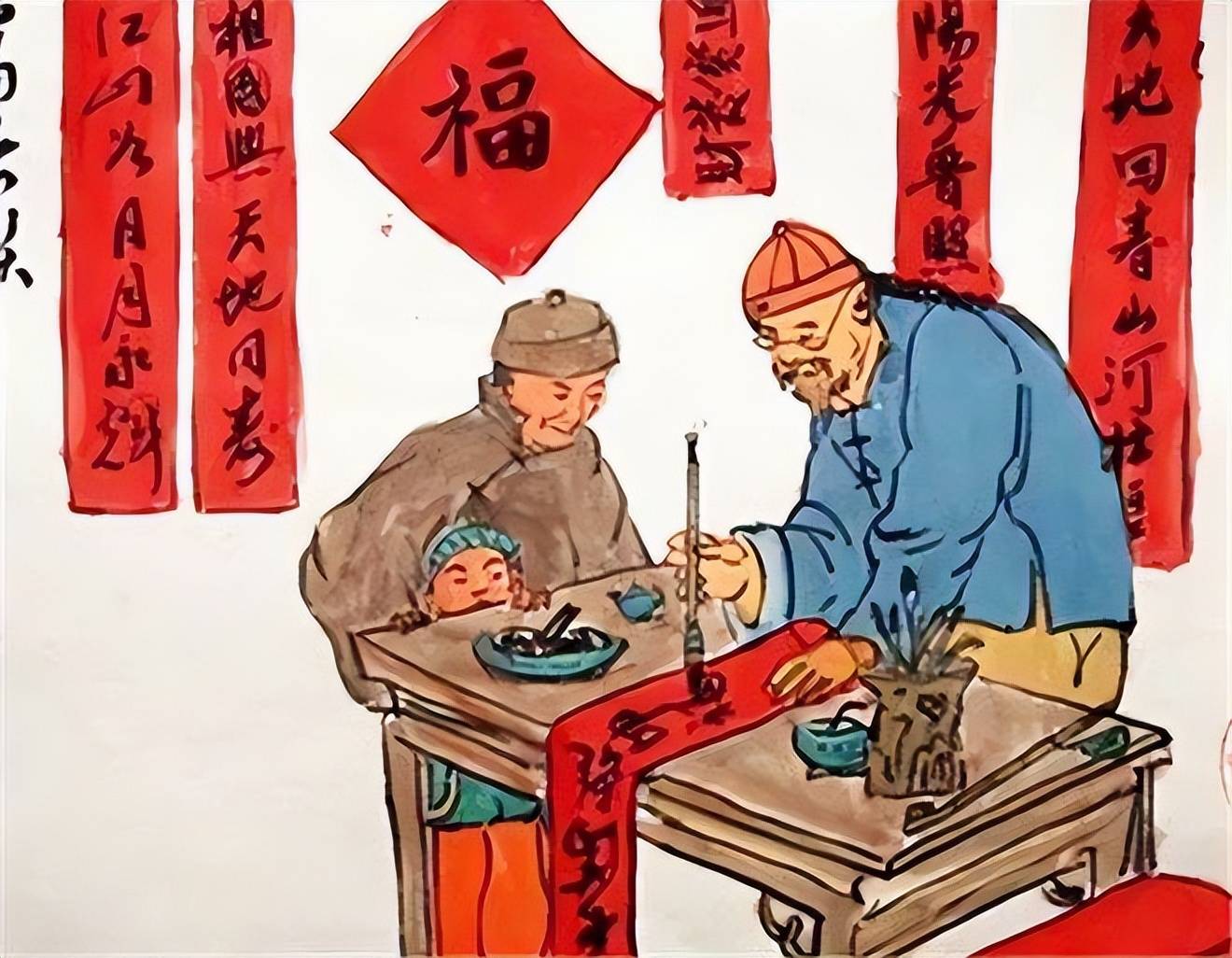
Beyond these captivating surname traditions, Chinese history is rich with a vast array of cultural legacies awaiting further exploration and study. Among these is the development of couplets—a cultural art form that once thrived but now sees fewer enthusiasts actively preserving it. Nonetheless, the custom of writing couplets during Lunar New Year's Eve remains alive throughout the country, even though many young people today may lack understanding of the surname couplets’ historical significance.
Reflecting on the evolution of surname couplets, creative examples such as those featuring the names Liu Bang, Liu Bei, and Andy Lau have emerged, blending history with contemporary culture. Surprisingly, the matching couplets crafted by those with the surname Zhou offer even more novel twists, demonstrating the lively interplay within this cultural tradition. Statistical studies confirm that surnames like Wang, Liu, Zhang, and Zhou are among the most common across China, fueling a collective enthusiasm for promoting surname culture nationwide.
Among these groups, descendants bearing the Liu and Zhou surnames have particularly showcased their creativity through the art of couplets. This cultural form often carries a formal tone and is regarded with great respect, especially given its association with traditional festivals that lend it a solemn and dignified atmosphere. For many Chinese people, couplets are far from mere entertainment; they symbolize a profound cultural heritage.
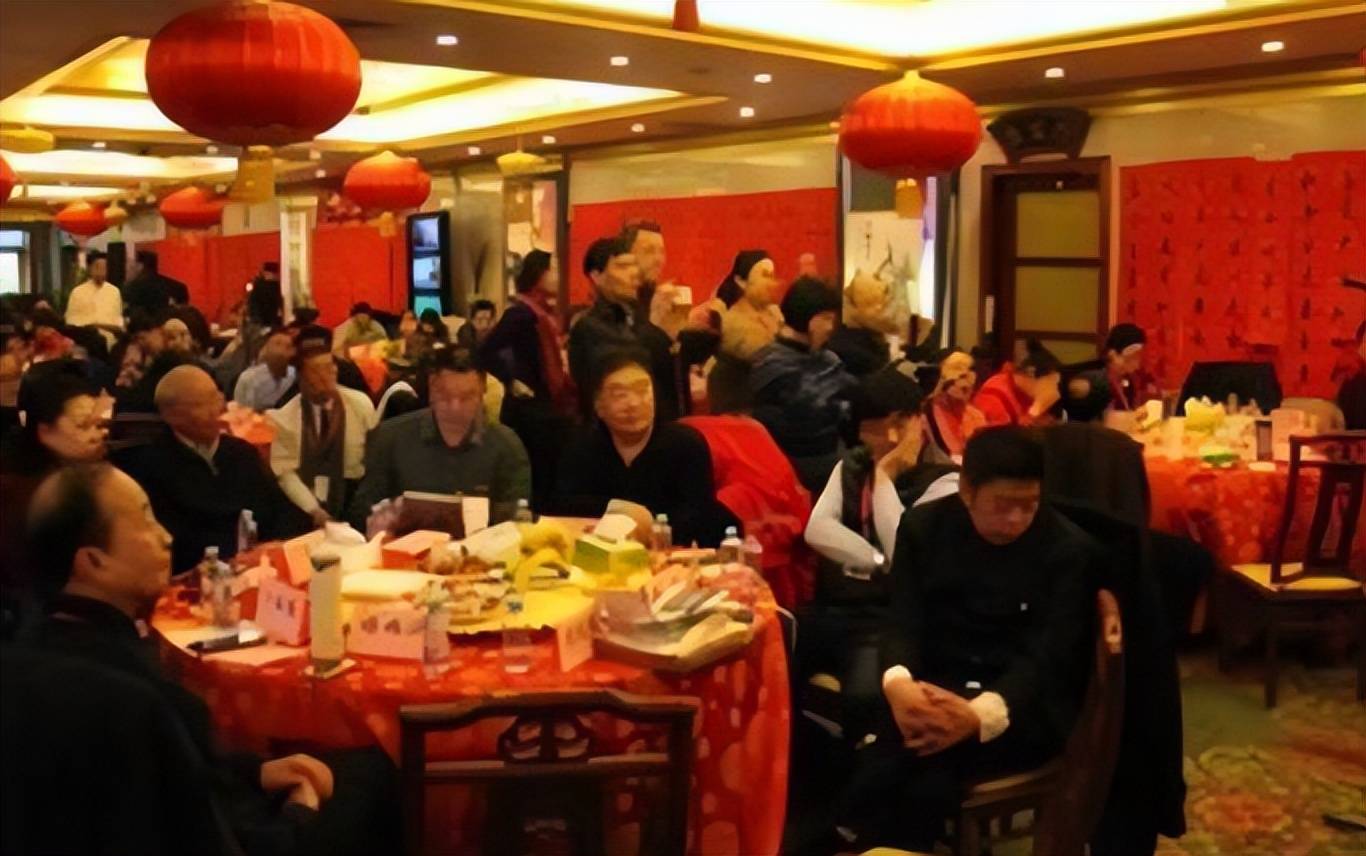
However, as society modernizes, cultural practices inevitably evolve. People today emphasize applying traditional culture in ways that resonate with contemporary life, recognizing that rigid adherence to outdated methods may hinder progress—much like the closed-off policies of China a century ago, which delayed modernization. The advent of a new era has encouraged a selective approach to tradition, embracing valuable elements while discarding outdated aspects. The surname couplet, in this sense, represents a fresh adaptation of time-honored beliefs.
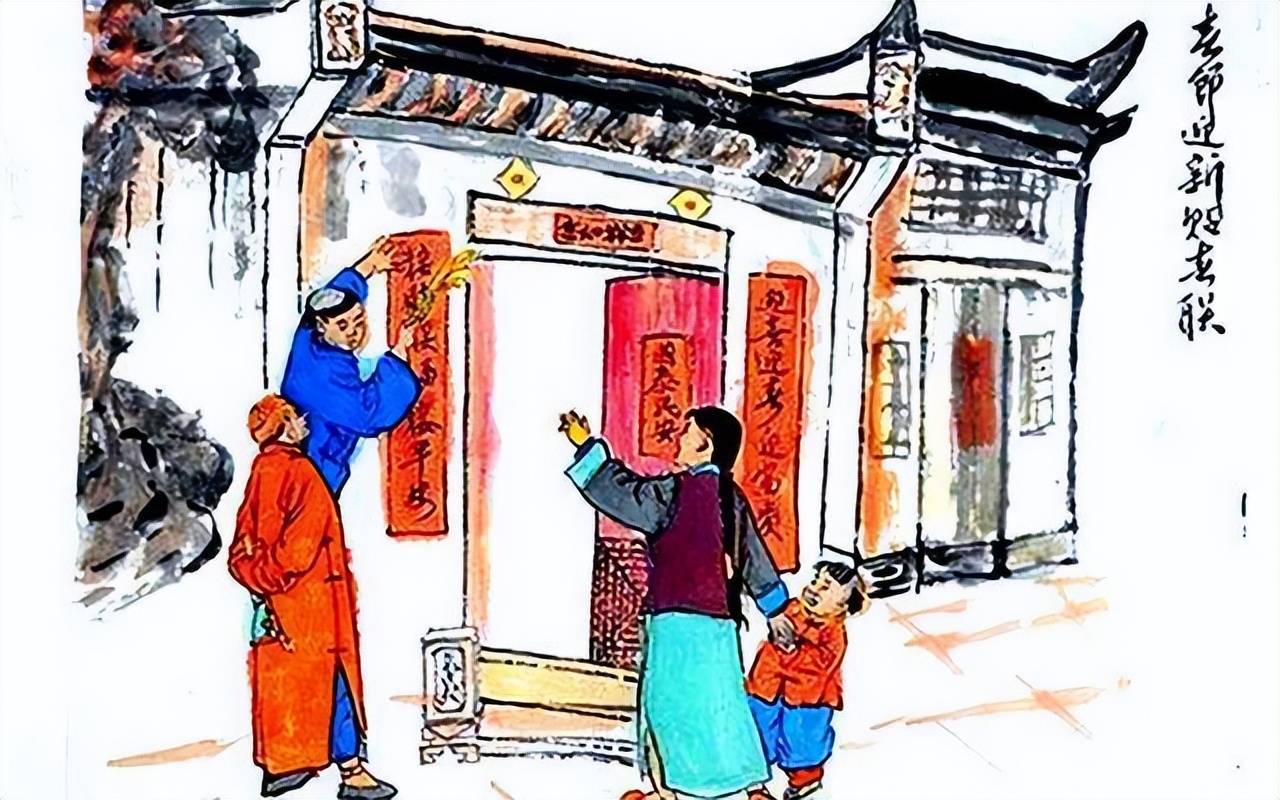
Examining a couplet created by the Liu family reveals a pattern where every name mentioned belongs to a famous historical figure, reflecting the family's pride and showcasing their heritage. Such displays of cultural and personal excellence are natural expressions of identity. More importantly, these couplets offer a vivid glimpse into Chinese heritage, a tradition that dates back to the Spring and Autumn period when surname couplets were first studied.
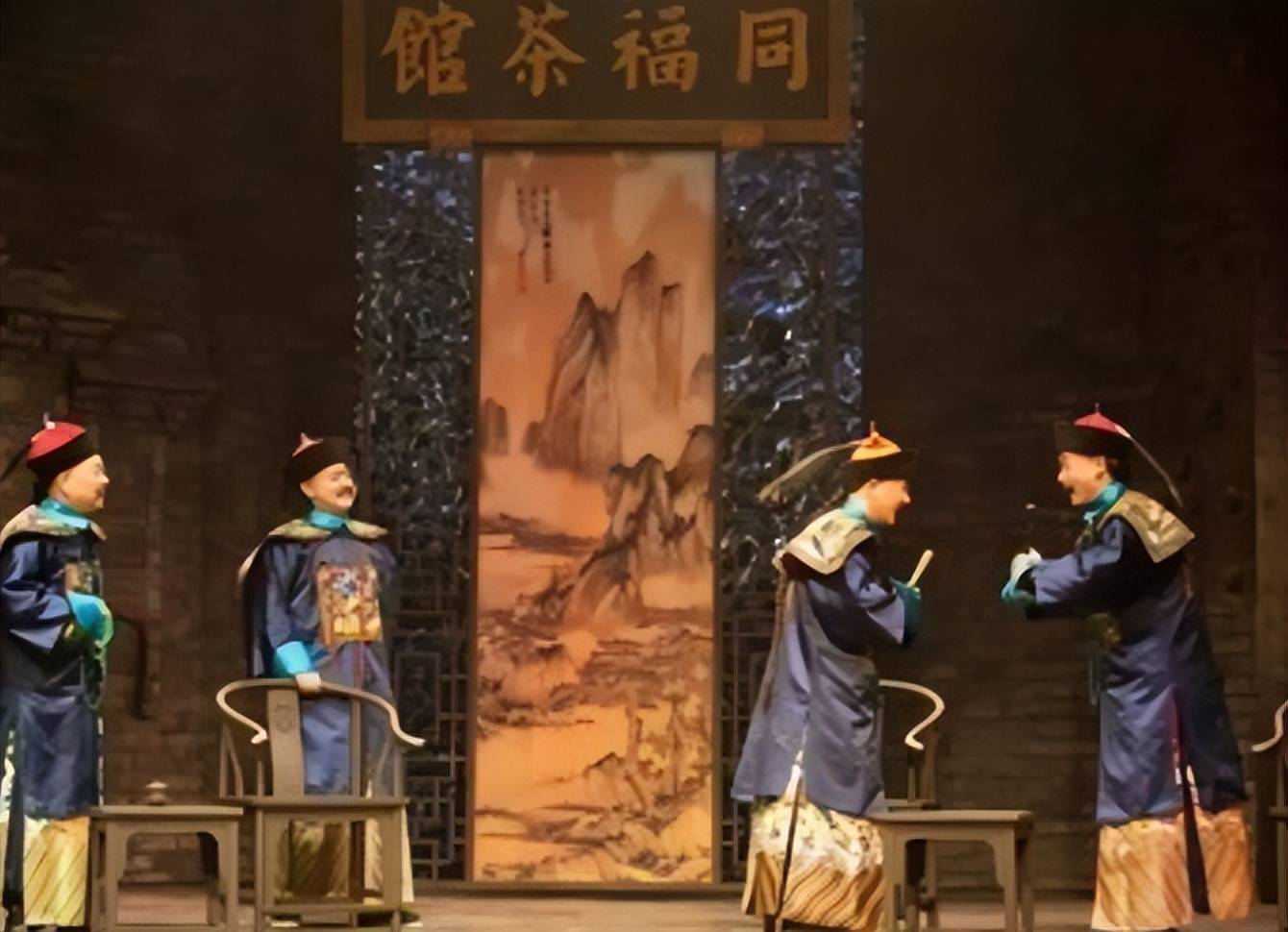
Despite the vast differences between feudal society and today’s fast-paced world, which have influenced the style and content of surname couplets, the cultural spirit behind them remains consistent. Variations arise primarily due to environmental changes rather than any fundamental shift in cultural confidence. The Chinese people have always taken pride in their ancestral wisdom, recognizing these customs as precious cultural treasures.
Consequently, the art of surname couplets continues to be preserved in unique ways by later generations. Faced with the Liu family's impressive upper couplet, the Zhou family rose to the challenge and produced a lower couplet that surprised many. Featuring famous names such as Zhou Bo, Zhou Yu, and Chow Yun-fat, their creation garnered widespread acclaim for its cleverness and cultural resonance.
Although the Liu family's upper couplet, which cleverly combines historical figures with modern celebrities, may seem familiar, the Zhou family's response adds a fresh layer by matching the creative style flawlessly. The lower couplet reads naturally alongside the upper one, as if the two were always meant to complement each other, demonstrating an artful unity between past and present.
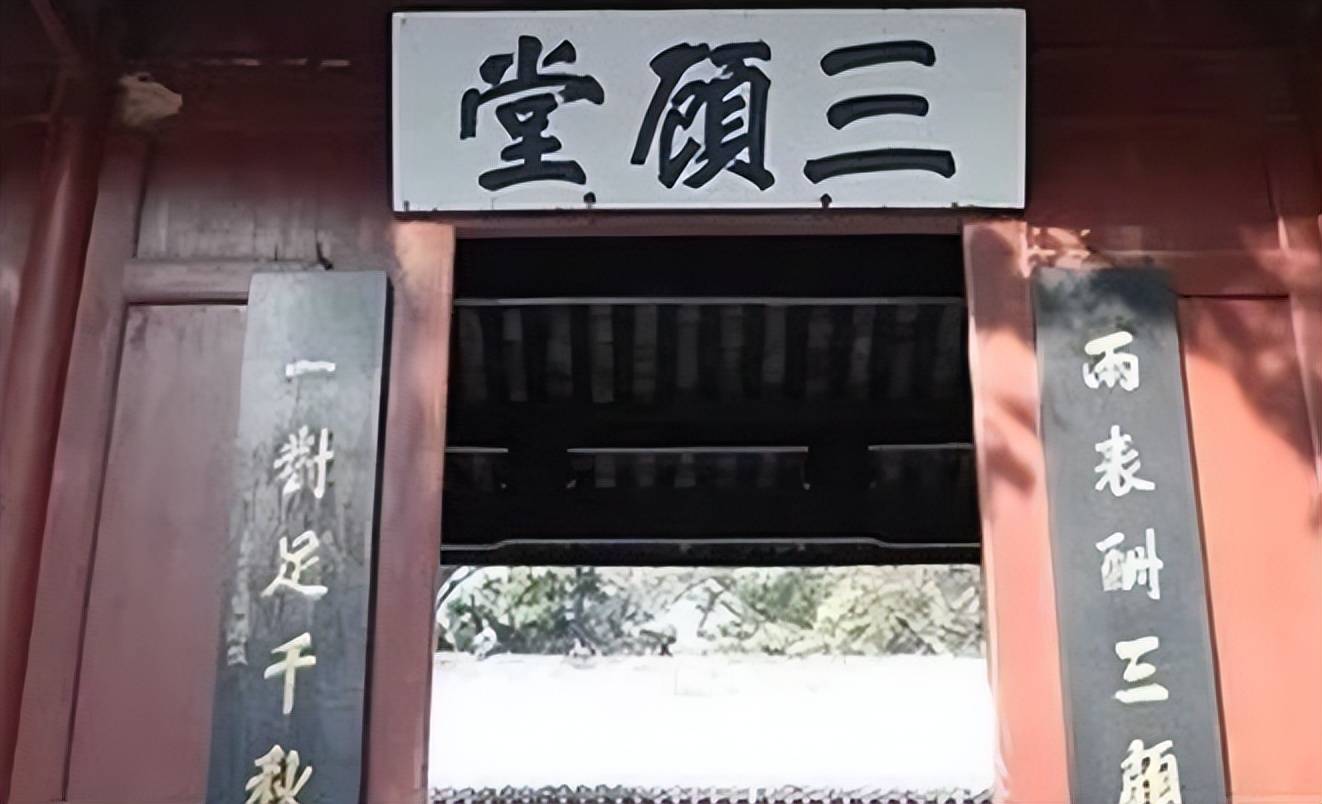
The sequencing of names within the couplets is particularly intriguing. For instance, Liu Bei—a well-known warlord from China's turbulent era—pairs with Zhou Bo, a respected general who served under Emperor Liu Bang. Zhou Bo’s distinguished status and close relationship with the emperor highlight his exceptional qualities, making the pairing meaningful and balanced.
Similarly, Zhou Yu’s inclusion aligns perfectly with Liu Bei’s historical narrative. Their intertwined stories from a chaotic era add depth to the couplet’s connection. Finally, the pairing of modern stars Liu Dehua (Andy Lau) and Chow Yun-fat showcases the seamless blend of classical and contemporary cultural icons, illustrating the literary talents of both families.
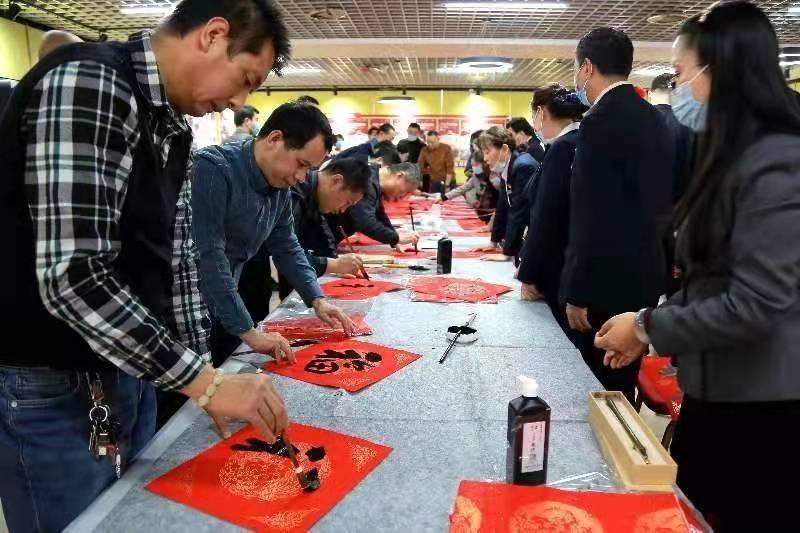
Some might dismiss the couplets as mere name games, but appreciating their full richness requires familiarity with these historical and cultural figures. The more knowledge one has, the deeper the enjoyment and understanding of the couplets become. Like the Zhou family’s lower couplet, which initially may not seem extraordinary but grows increasingly captivating with repeated reading, these creations reveal their brilliance over time.
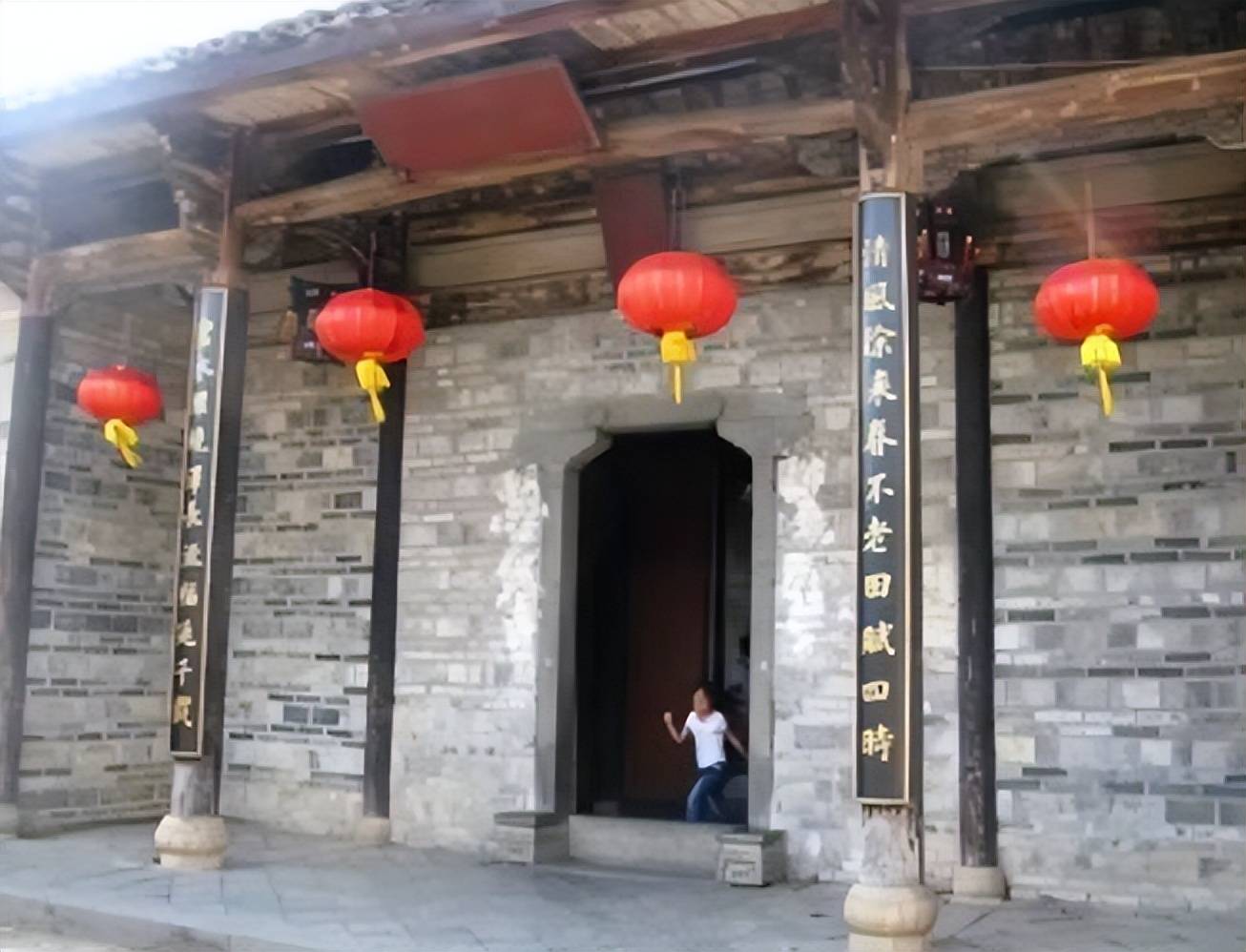
Crafting such elegant couplets demands not only creativity but also a vast reservoir of cultural knowledge. The contest between the Liu and Zhou families highlights how even seemingly simple couplets can achieve classic status through dedication and skill. The depth of Chinese culture shines through in these works, underscoring its enduring intellectual heritage.
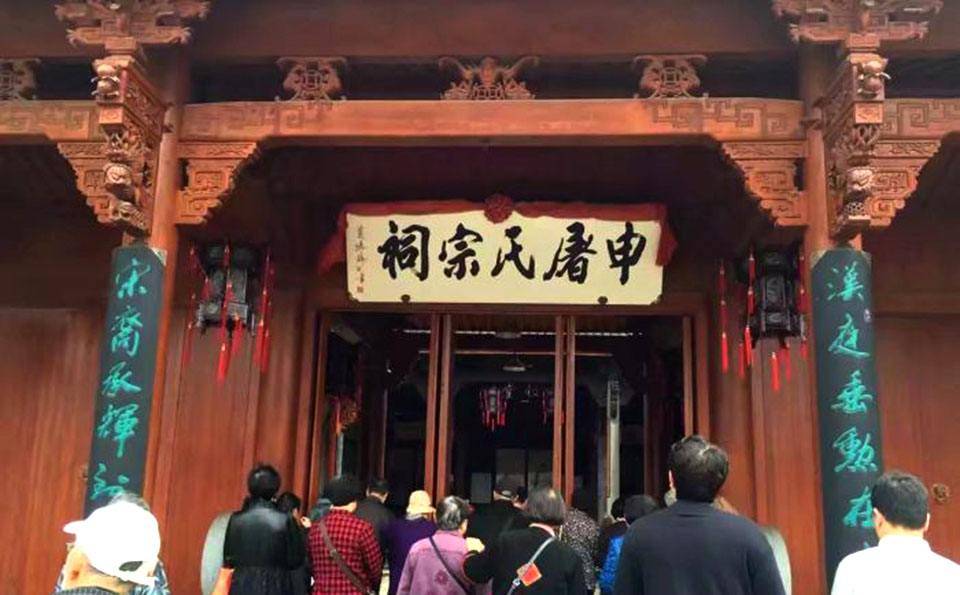
Chinese culture’s profound and sometimes complex literary traditions, including challenging classical poems, represent only one facet of its vast cultural mosaic. Equally significant are the accessible, everyday cultural expressions—such as couplets and proverbs—that have been cultivated by generations of ancestors. The richness and diversity of these cultural forms create the vibrant tapestry that characterizes Chinese civilization today.
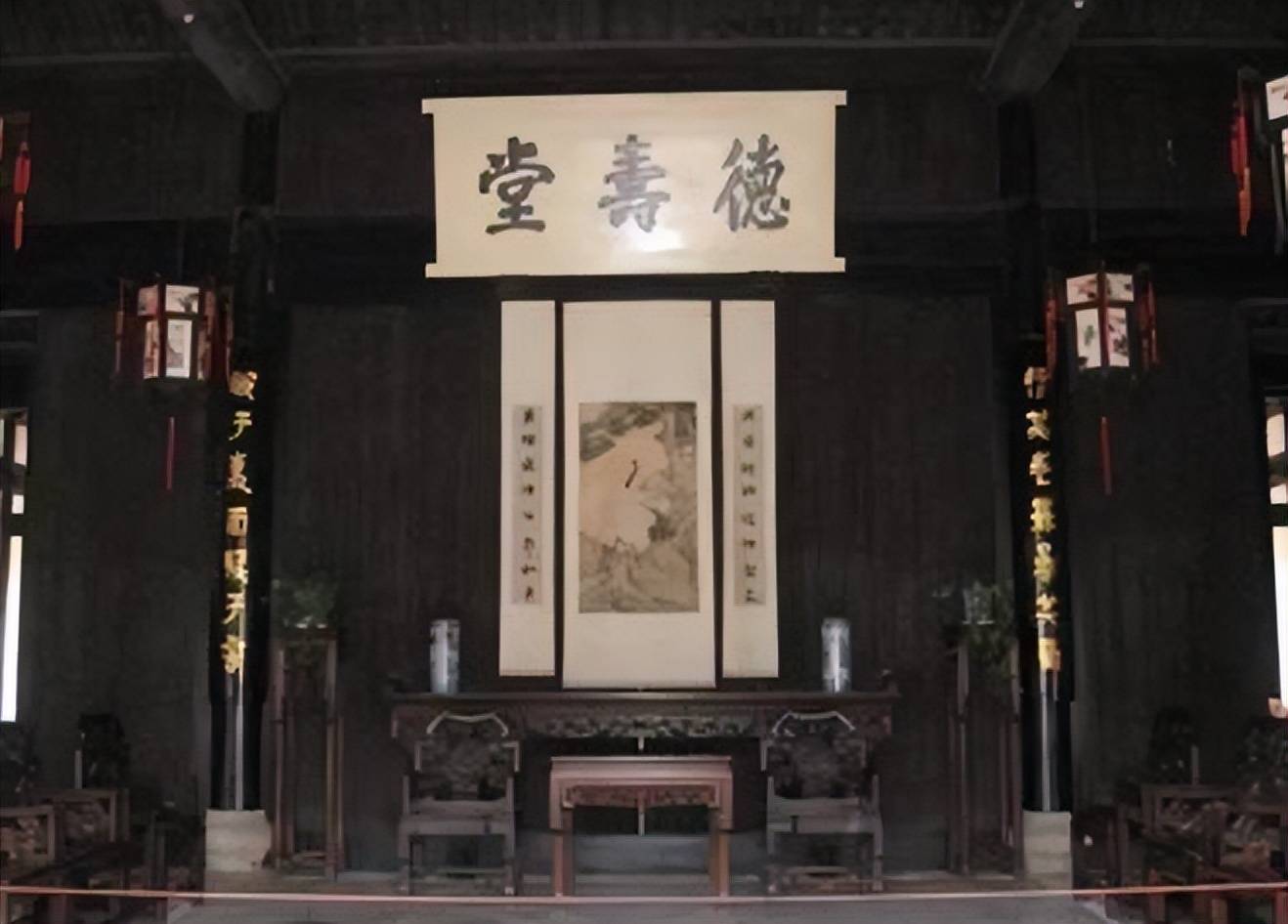
From the feudal dynasties of millennia past, the ancestors endured countless hardships but remained committed to ensuring future generations would avoid the same mistakes. To create a more comfortable environment for their descendants, they developed ways to pass down wisdom and cultural values, including couplets, poems, and folk sayings. These forms gradually became cherished means of nurturing the mind and spirit across generations.
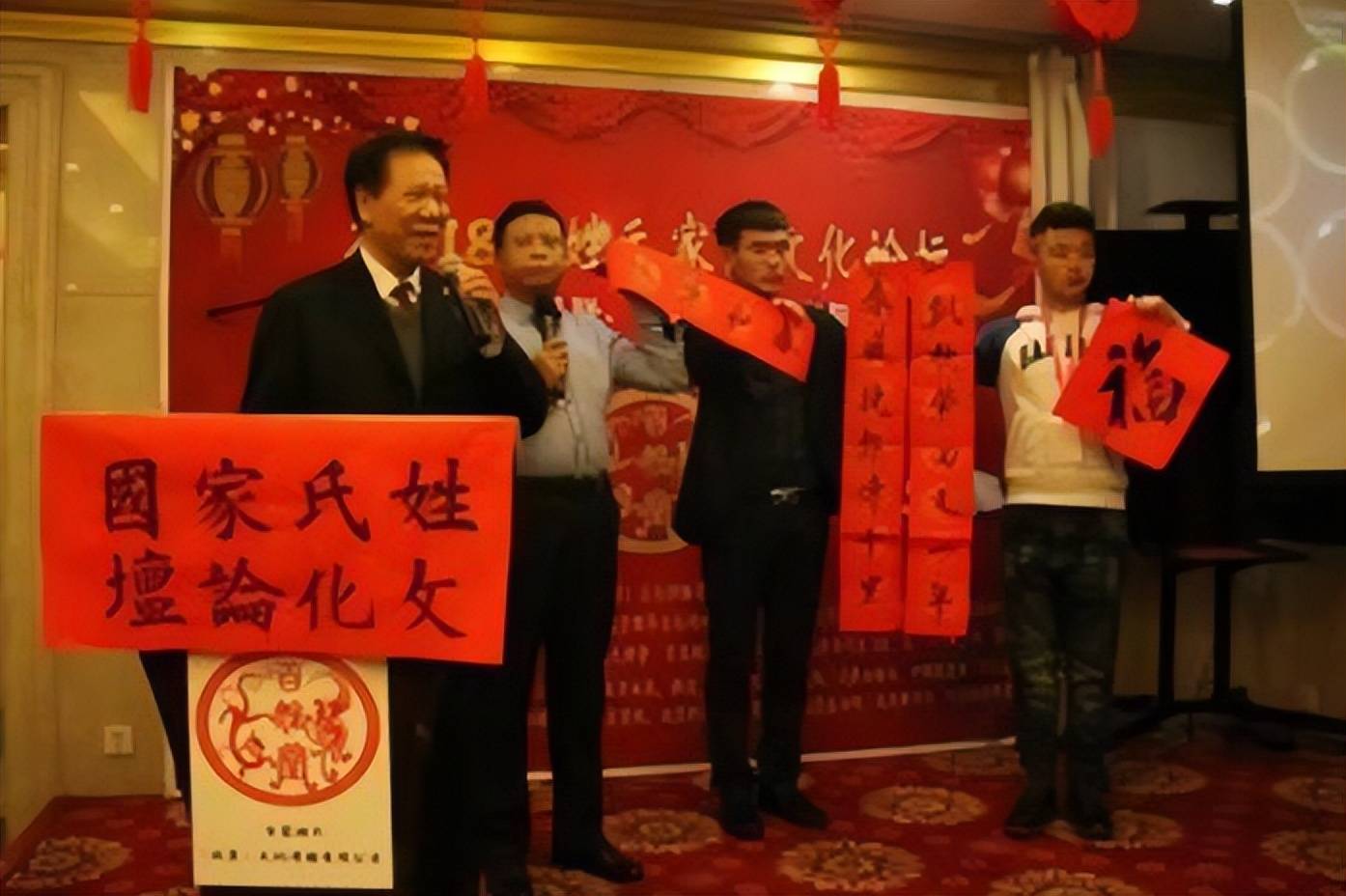
Viewed another way, this represents a timeless dialogue between ancient and modern peoples—a spiritual exchange bridging centuries and exemplifying the Chinese nation’s remarkable openness. Maintaining confidence in one’s cultural identity is essential for any ethnic group aiming for long-term growth. Developing unique cultural and philosophical traditions enables a people to withstand the erosions of time.
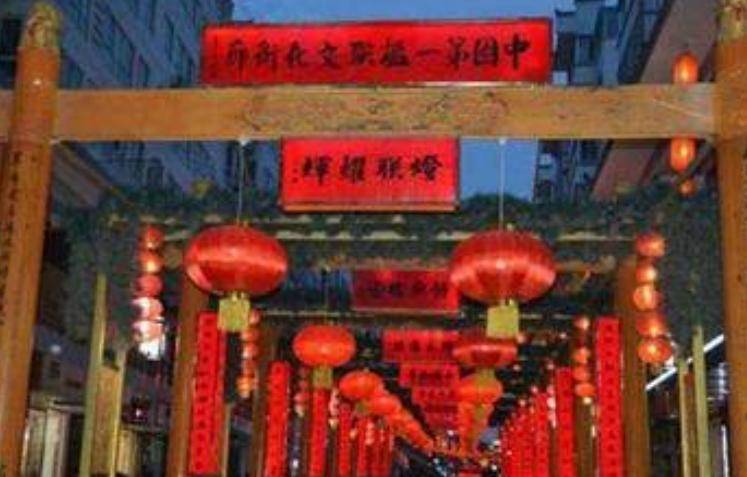
Ultimately, it is culture and thought that endure beyond generations, preserving their brilliance for centuries to come.
